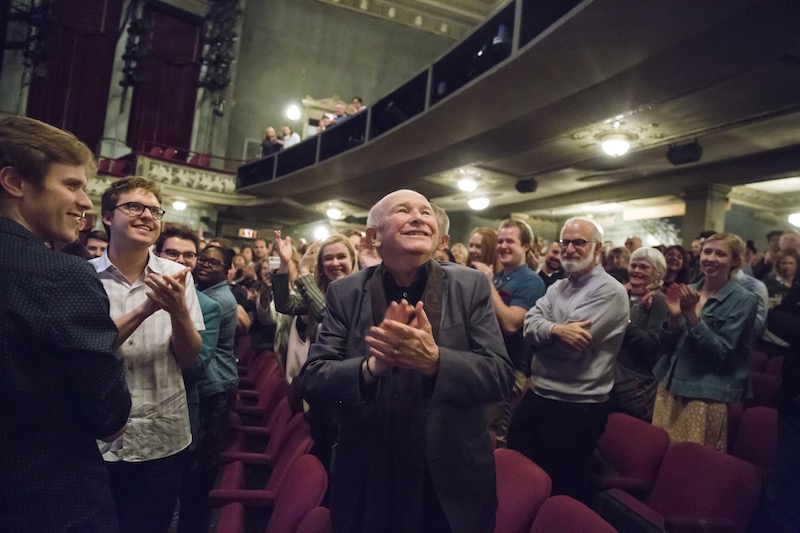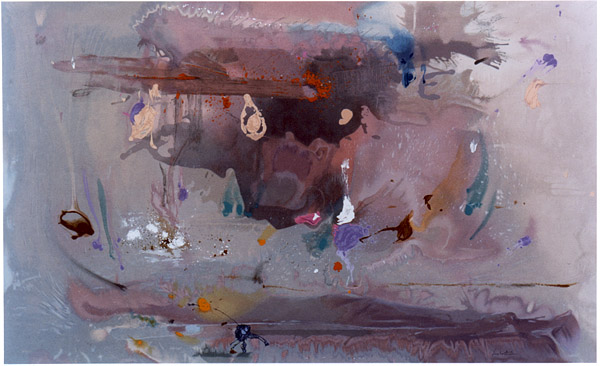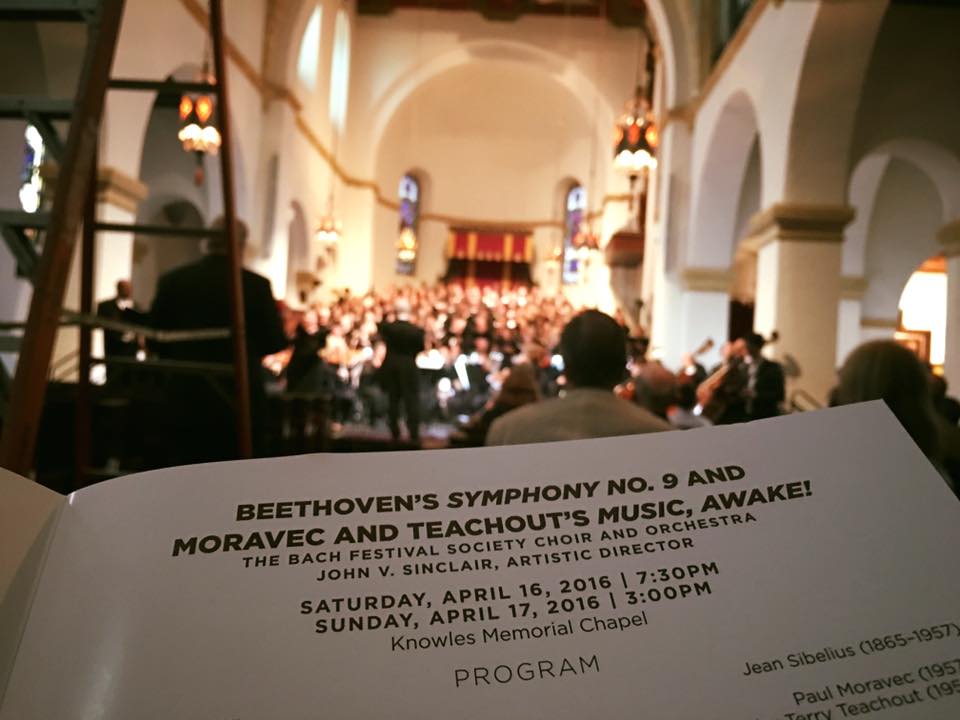* * *
Slowly but surely, theater in America is stumbling into the unknown country of the coronavirus. Yes, the doors of every major company are shut tight for the duration, but a handful of forward-looking troupes, some large and others microscopic, are starting to use the Web to reach out to playgoers from coast to coast who long for the incomparable relief of a show that they can view in the comfort—and safety—of their own homes….

San Francisco’s American Conservatory Theater was about to open the West Coast premiere of Lydia R. Diamond’s “Toni Stone,” directed by Pam MacKinnon, when the coronavirus forced the company to close down. Fortunately, A.C.T. was able to tape and edit a preview performance that is now available for online viewing. The results are hugely impressive, a model for other companies—not to mention Broadway producers—who aspire to putting their productions on the web….
“Toni Stone” is the story of the first black woman ever to play big-league pro baseball, told by an outstanding cast of one woman (very well played here by Dawn Ursula) and eight men, two of whom also appeared in the original production of the play. It was first performed by New York’s Roundabout Theatre Company last spring in a small-scale off-Broadway production, also directed by Ms. MacKinnon, that I reviewed with the utmost enthusiasm, calling it “both thought-provoking and hugely entertaining…Ms. Diamond has given us a masterly play that will open your eyes to an insufficiently known chapter in American history.” I had no doubt that it would be taken up by regional theaters throughout the country, and this video version, a slightly modified remount of Ms. Mackinnon’s Roundabout staging, will undoubtedly hasten that process, for the play and production alike both come through with total clarity. Yes, it’s better to see any play live, but I think you’ll be surprised—I know I was—by how wonderfully well this one comes off as a webcast….
Whenever you watch a sitcom filmed or taped in front of a live audience, you’re seeing a performance shot with three cameras, normally considered the minimum number necessary to produce a watchable program. Not so “Toni Stone”: The company had only two at its disposal. I didn’t know that until after I watched the webcast, edited by Beryl Baker, A.C.T.’s video content producer, and save for a few forgivable bobbles, the camerawork was so smooth and varied that I simply took it for granted that the show was shot with three cameras. Theater companies that are worried about the technical problems of capturing a live performance, as well as the resulting expense of shooting with three cameras, should thus take a close look at “Toni Stone.” They’ll be encouraged—and inspired….
* * *
Read the whole thing here.A montage of scenes from the original Roundabout Theater Company production of Toni Stone:





